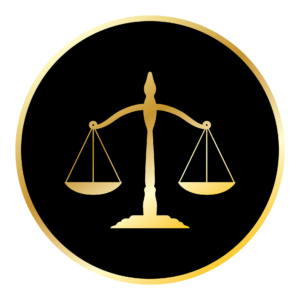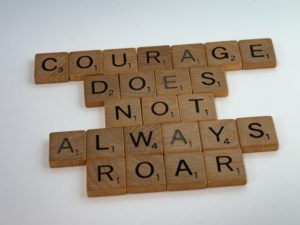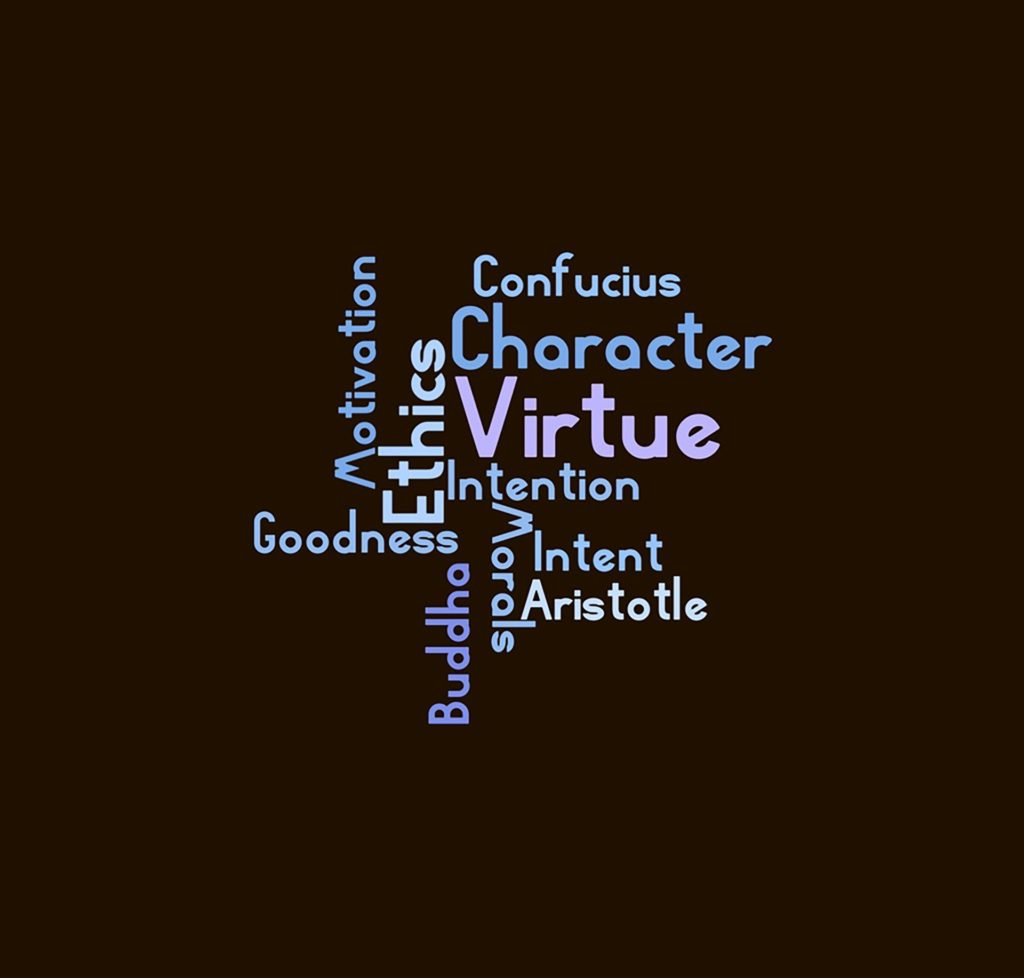“Men acquire a particular quality by constantly acting a particular way… you become just by performing just actions, temperate by performing temperate actions, brave by performing brave actions.”
― Aristotle
In a previous blog, A Case for Utopia Today #3 I discussed the circumstances of our humanity (war, poverty, oppression, exclusion) inferring that these are not innately human, although some would argue otherwise. These conditions are no doubt very present, however, what is being proposed is that we can overcome these if we become more purposeful in directing our progression through education and learning. I my believe we are on the brink of a major leap in our thinking. We are growing to be more self-aware of ourselves as a society, and less ignorant “of each other’s ways and lives,” which “has been a common cause, throughout the history of mankind, of that suspicion and mistrust between the peoples of the world through which their differences have all too often broken into war.” (Excerpt from the UNESCO Constitution)
A shrinking planet and greater communications technology have placed information into the hands of more people, and more importantly, more children who are growing up with a greater knowledge and understanding of the world around them with its challenges, but more importantly its opportunities.
Virtues of Humanity
The discussion of virtues dates back thousands of years; for as early as history has been recorded. It is interesting to note that in our individual and societal struggle between being virtuous and non-virtuous, we have many examples of both littered throughout history, and yet we have survived and are thriving more as a species than ever before, however, as the challenges in my previous blogs reveal, we still have much work to do, and in fact our survival depends on it now more than ever. Moreover, if we do not begin to make a “leap forward,” we will continually be held back and on the brink in the other direction, which is a course of disaster that is counter to who we are, and to our purpose.
We need, therefore, to begin to “construct in the minds of men” an understanding of virtues. Many of the great thinkers in education, Plato, Locke, Rousseau, Montaigne, and Kant, sought the same. Good people will make a good society, or more broadly stated virtuous people will lead to a more virtuous society. But what is virtue?
Simply put, a virtue is a quality in a person that is considered to be morally good and is often associated with traits such as courage, wisdom, kindness, generosity, and integrity. Taken together and written like this it’s easy to lose the depth of meaning of any one trait. Each are especially and deeply human traits, and it is important to consider virtues individually to understand how important and powerful they are in terms of being human. These come naturally to each individual, but like any human characteristic, are more pronounced in some than others. Therefore, it is important to learn, develop and exercise these traits as often as possible for us to reach the highest level of our humanity. However, to do this we need to first understand these as they relate to being human.
If we return to antiquity, we find some of the earliest reference to virtues as defined by Plato and Aristotle. Four Cardinal Virtues were identified: Prudence, Courage, Temperance, and Justice. Why use these given that they were identified so long ago? For exactly that reason. The essence of man hasn’t changed. It’s been debated and discussed, but it hasn’t changed. To find ourselves over 2000 years later with the same virtues, not having yet mastered these across humanity to some might indicate a weakness in our nature. As a result, we’ve largely dismissed these from the education of our youth; written them off in some cases as unattainable only to exist in some imaginary utopia. However, we are discussing a utopia (See blog #3 and #4) that is not imaginary, but something that we can imagine and in fact have a clear vision. The virtues that will allow us to achieve this utopia are real. We witness them every day and experience them in our own selves. We have these characteristics, and we need to understand their importance to our own happiness and flourishing, or eudaimonia, as the Greeks called it. Thus, the utopia that we look to will require a society focused on good, and thus a citizenry focused on good. So, understanding this requires a deeper look at these virtues.
Prudence
To be prudent is to be careful and thoughtful in our actions. We have in our human makeup, the ability to consider and reflect before moving forward. It is this innate ability to listen to our inner voice, and the voice of others that allows us to be prudent. No other species on earth has this ability. We can, in any moment, intellectually process what is the wise thing to do. It is our ability to regulate ourselves and our own actions, that allows us to reason and make proper judgement. Prudence is the most intellectual of the virtues and tends to be considered the guiding light of the Cardinal Virtues.
As individuals and as a society, we are faced with decisions that can alter our path and future at any given moment. Each individual and society must be able to take the time to consider the right versus wrong path. The term prudence is used in the Declaration of Independence, acknowledging the importance the founding fathers placed on this in the development of the United States. Hence our system of checks and balances, a built-in mechanism to assure that proper deliberation takes place on key issues. They were providing the governing foundation based on a virtuous principle, in the hope that as generations come and go, the nation as a whole would continue to act prudently. The founders of this nation were pointing us in a direction toward a utopia, but a system itself will not address the issue. Individuals must exhibit prudence.
Aristotle wrote of the important relationship between a good citizen and a good society. A system built to allow for prudence in governing can only be enhanced if its citizens are acting with prudence. The system provides a process for decision making that assures deliberation, but we must perform the act of deliberating. We can only elevate our society if we elevate our intellect in this way. To be increasingly conscious of this ability will allow us to act more prudently in arriving at what is right and good for ourselves and our world.
Justice
We find ourselves as millions of individuals bound together as one species on one planet, so there exist the needs of the many, and the needs of the one. We are in a constant tension between individuality and the distinctive needs of everyone, hence, the respect for the individual rights of all is upheld through justice. That means than each individual must act justly toward all others.
individual rights of all is upheld through justice. That means than each individual must act justly toward all others.
We learn to live with each other from the very first time we interact with another human being. A sense of “the other” begins very early on in our lives. “That is yours and this is mine,” are some of the first things we learn as children whether it is a property external from us, or part of our own selves, we want respect for what is mine. In that same sense, I as an individual must accept that I must respect what is yours. A just person will want to be treated fairly and will thus know they must treat others with the same fairness they seek. Fairness is then administered through justice.
Justice for all can also be interpreted as equity for all. Connecting back to the discussion on poverty, oppression and exclusion, an unjust society directly undermines our ability to eradicate these from our world. In a truly just world, these do not exist, and if we are to be just people it must become unacceptable for these to exist. Knowing what is right and wrong, and then taking action in the right is the obligation of each person and therefore society as a whole. If we placed ourselves in the position of those in poverty, oppressed or excluded, would we want to be treated in this way? Justice then is a foundational virtue that allows us to live in harmony, helping us moderate what we believe we are due together with what another believes they are due.
Fortitude (Courage)
Doing the right thing and acting justly is not always easy and is often the most difficult thing to do. Forces that seem unrelenting can overwhelm even the strongest of individuals. Ongoing wars, oppression on the rise, social exclusion at so many levels, and rivers of poverty across the planet will require right and just action, but these on their own will take a strength of will that can test the most courageous of us all. Fortitude, then, becomes the virtue by which all others must stand on. We can know what is right, and we can act on it, but in the face of the utmost resistance, we must have the fortitude of conscience and of will.
Arguably, fortitude is what has allowed us to advance and thrive as a species. Through immense challenges, many times “on the brink,” we have found the courage to push ourselves through to the next level of our development. We often hear “mankind will overcome”, or “we will somehow find a way”. These sentiments are grounded in the real belief that we have shown our ability to do such things. We have overcome, and we have in fact found a way. The strength of humanity is grounded in the fortitude of each individual, and the stronger that becomes the stronger we will be as a society. The idea of utopia frightens some, and understandably so because they see these challenges as inescapable, so it is easier to hide. Fortitude allows us to acknowledge this fear, but not shirk from it.
Everyday millions of people, many of them children, wake up surrounded by war, poverty, oppression and now fear of the future of their planet, and yet they have the courage to carry on in hopes that perhaps someone someday will lead them out to a better life. Great fortitude is found in their strength of will and hope. What great character this shows, and what great virtue that already exists in this world just waiting to be rescued and harnessed.
Great fortitude is found in their strength of will and hope. What great character this shows, and what great virtue that already exists in this world just waiting to be rescued and harnessed.
Temperance
The modern world we live in offers us an increasing amount of opportunity to have more. Our five senses are in constant need, and many cannot resist the power of desire of even one individual sense. Without temperance this might grow out of control, but it’s our ability to control ourselves that helps avoid overindulgence and a drive toward excess. This has become increasingly challenging as technological advances provide us with access to more without cost or adverse physical impact. Things once considered limited in availability, are now considered almost unlimited. In some societies, sometimes the only limit is how much money one has.
Regardless of technological advances, and the perception that we can invent anything we want; we are living on a planet with limited resources. Restraint and moderation will be essential to our survival. Our will to survive, must be balanced by our will to resist. As we lead ourselves forward, we will need to moderate ourselves along the way. As free individuals, we can choose as we desire, but our minds guide us to regulate our will. Of course, our will varies amongst individuals, thus developing our collective will becomes a great challenge in our society.
Freedom and liberty are highly valued in our society, so much so that millions have fought and died for it. Our laws are written to protect certain freedoms and the “right to life, liberty and the pursuit of happiness,” and an increasing number of countries and peoples around the world desire the same. A utopian world assumes a free world, but freedom must have its limits and as human beings we must honor those limits. The blessings of liberty should be treated with care. A virtuous society is truly free if it understands the need for limitations; as individual’s desires differ so do their interpretations of their freedoms and their wills to regulate pursuit of what they want. Temperance must be strengthened and exercised, and we must learn to know our own wants, and weigh them against what we truly need. The virtue of temperance, then, is the great regulator, the more self-disciplined internally we become the more we can master the world externally and learn as a society to say no to those things we know are wrong and destructive to ourselves and our world.
CONCLUSION
In summary, we have the four cardinal virtues: Prudence, Justice, Fortitude and Temperance, which are a core part of who we are, but more importantly who we must actively be or become. No doubt, this list is not exhaustive, and other virtues such as honesty, kindness, and generosity can be added. These four are used because all others hinge on these, and they have stood times test. Determining what are the best virtues is pointless and would only detract from the overarching point that we must make a conscious effort to become a virtuous, and thereby a better society. It may in time happen on its own, but to get us firmly moving in that direction will require a conscious decision that it is fundamental to a utopia. It must become embedded in our conscience from the earliest of years, and the best way to do this is through education. As Aristotle pointed out, “Men acquire a particular quality by constantly acting in a particular way . . .” People must act virtuously, and to act virtuously we must be knowledgeable and understand what these virtues are, why they are important, and most importantly why they are the essential building blocks of a utopian world.
In my next blog, I’ll discuss education, and learning. What role can education play in developing a virtuous and good society? How can virtuous principles be part of one’s lifelong learning journey?

